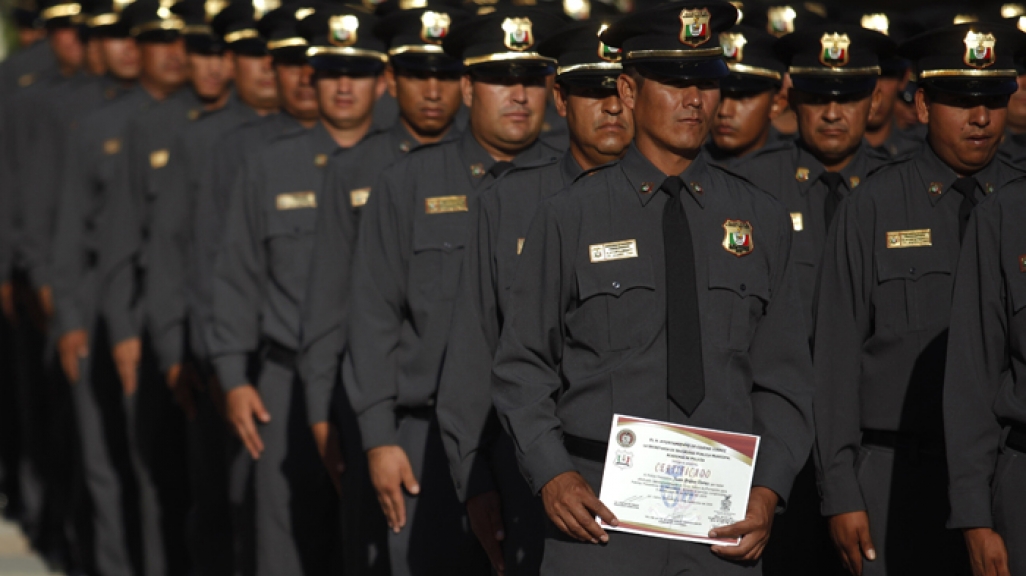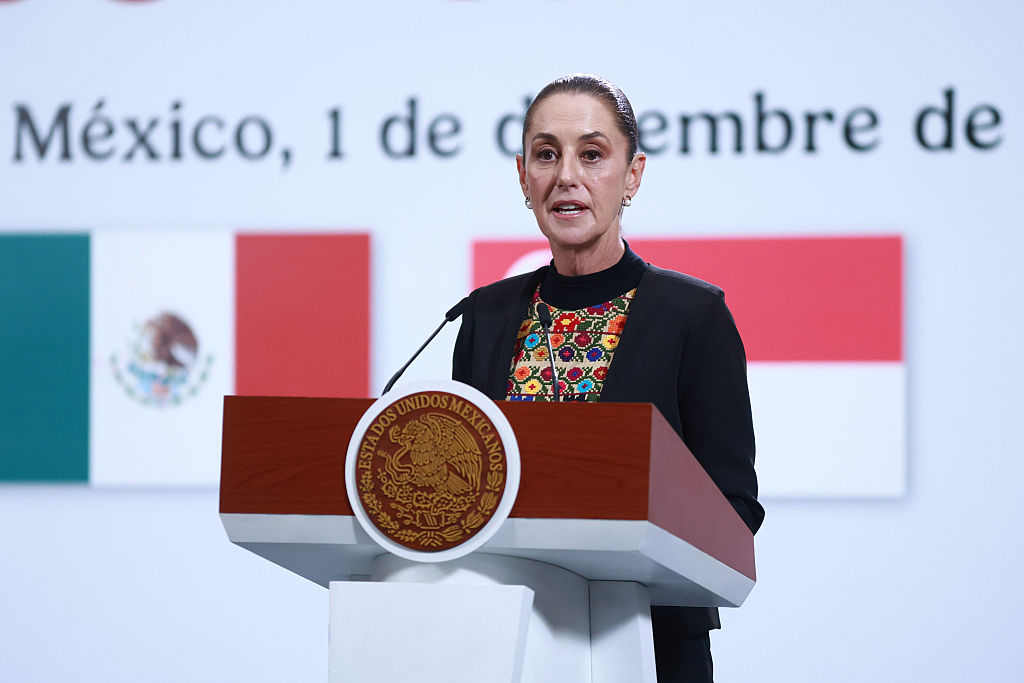Establishing Rule of Law Is Mexico's Big Challenge
Establishing Rule of Law Is Mexico's Big Challenge
For Mexico to reach its economic potential, it needs to address the costs of rule of law, writes Americas Society Board Member Antonio Garza for the Dallas Morning News.
Over the past 18 months, I’ve written about the extraordinary changes taking place across Mexico, including its impressive reform agenda, growing high-tech sector, dynamic supply chains and deepening regional integration. Yet to achieve Mexico’s and North America’s full potential will require moving forward on a number of key challenges, the most pressing of which is rule of law.
There are many reasons why Mexico’s leadership should care about rule of law, but most important is simply that it is one of the top concerns of Mexicans across the country. Last year, more than 50 percent of Mexicans reported feeling unfavorably about the country’s courts system, and these effects spill over in damaging ways. One visible sign is the low number of crimes that are even reported, with government estimates suggesting that each year over 90 percent of crimes never make it onto the official books. Of those that do, only 15 percent are ever investigated.
Last September’s shocking disappearance of 43 students in Guerrero was perhaps the highest-profile example of Mexico’s weak rule of law. The event and the corruption it exposed frayed Mexicans’ trust in their public institutions, rocking the country and drawing tens of thousands of protesters into the streets. When a scandal broke soon after, revealing that the first lady owned a $7 million house registered to a company whose owner had just won a multibillion dollar high-speed train concession, it merely compounded the frustration.
Without a solid rule of law foundation, government officials seem aware that they could be building their economic policy architecture upon shaky ground. In the past weeks, members of the administration have promised change, with President Enrique Peña Nieto pledging to pick up the fight against corruption, and Finance Minister Luis Videgaray claiming that rule of law was worth 10 energy reforms. Mexico’s central bank governor, Agustín Carstens, also chimed in, calling rule of law “tremendously important.”
The country’s oft-discussed 2008 judicial reform provides the most apparent avenue for improving rule of law. The reform promised to move Mexico’s judiciary to an oral, adversarial system and guarantee certain rights for the accused. Yet progress to date hasn’t been encouraging. Depending on who is doing the measuring and how, there have been either zero or three states fully internalizing all of the reform’s components.
To be fair, this type of overhaul is excruciatingly difficult. A judicial system is very much a country’s invisible plumbing, and uprooting and overhauling it often means breaking down more walls than originally expected. It means retraining legal staff (judges, lawyers, and prosecutors), rewriting textbooks and retrofitting courtrooms, among the many adjustments—with the total bill estimated to come in at around $4.2 billion. While a sizable amount, it bears remembering that this is far less than the price tag that comes annually from the country’s weak rule of law.
It is also worth reminding ourselves that while improving rule of law can feel overwhelming, there are examples of countries, like Singapore, that tackled pervasive corruption and emerged victorious.
Further, Peña Nieto’s government has already shown its political capabilities and willingness to take on entrenched and vested interests in its economic reform agenda. If the administration should choose to apply this same commitment and resolve to tackle rule of law, implementation would surely pick up the pace.
The international community, including the many investors who are looking for new opportunities, is watching Mexico’s next moves. But the eyes that matter most are those of Mexicans living in the country today; expecting better, deserving better, hoping to see better.
Tony Garza is a former U.S. ambassador to Mexico and Americas Society board member. He is counsel in the Mexico City office of White & Case LLP and chairman of Vianovo Ventures. You can reach him through tonygarza.com and Twitter, @aogarza.
This article orignally appeared in the Dallas Morning News.








